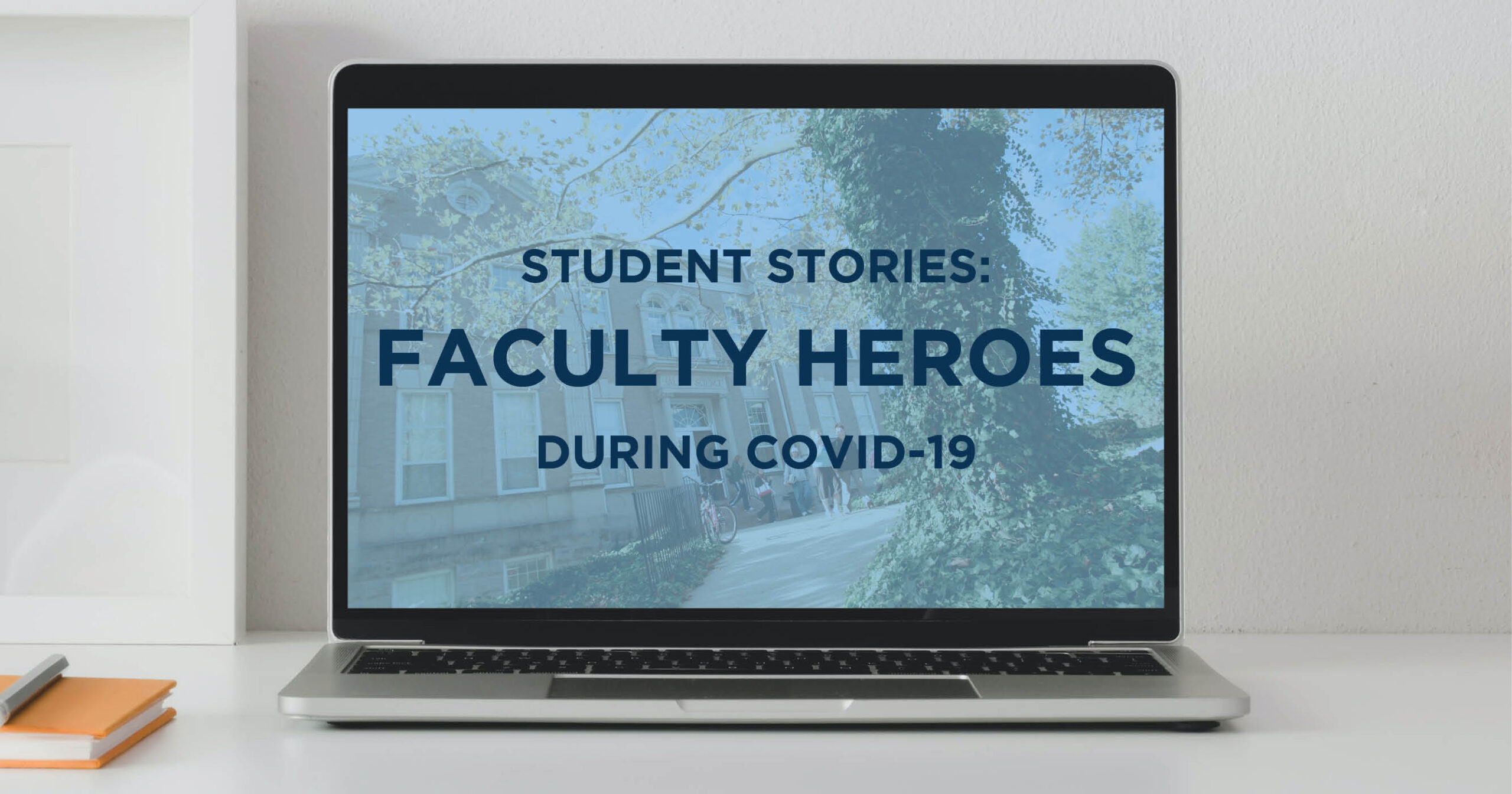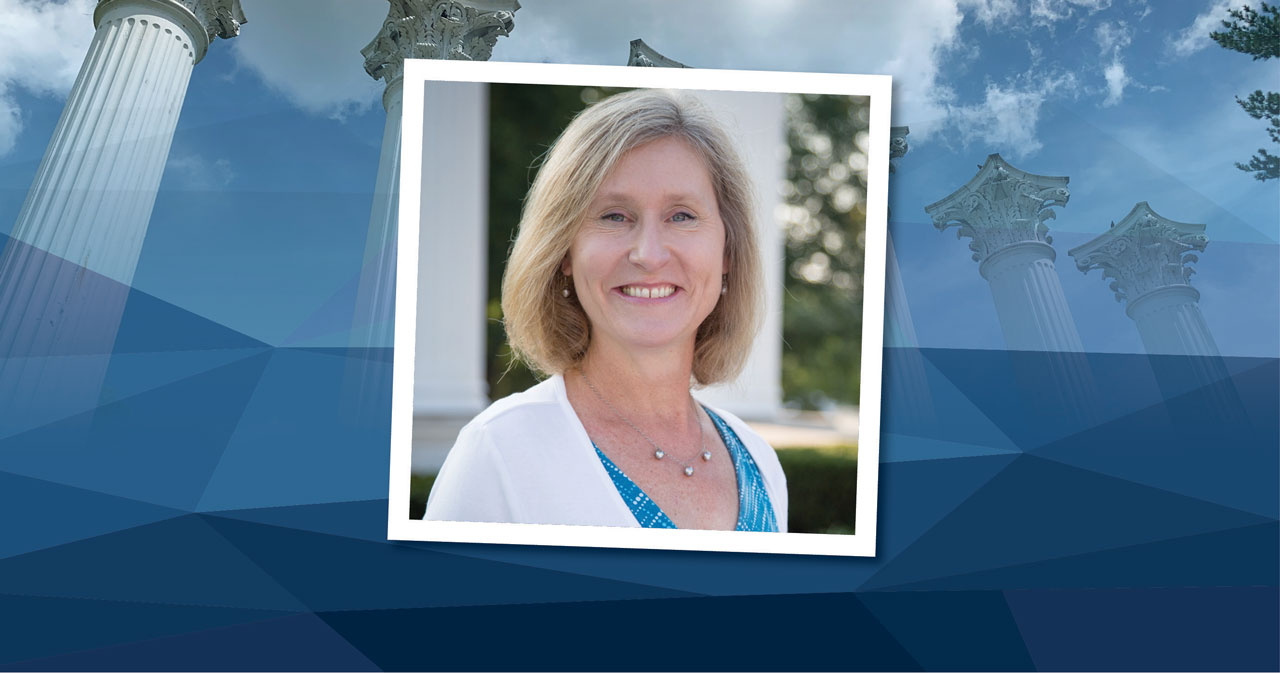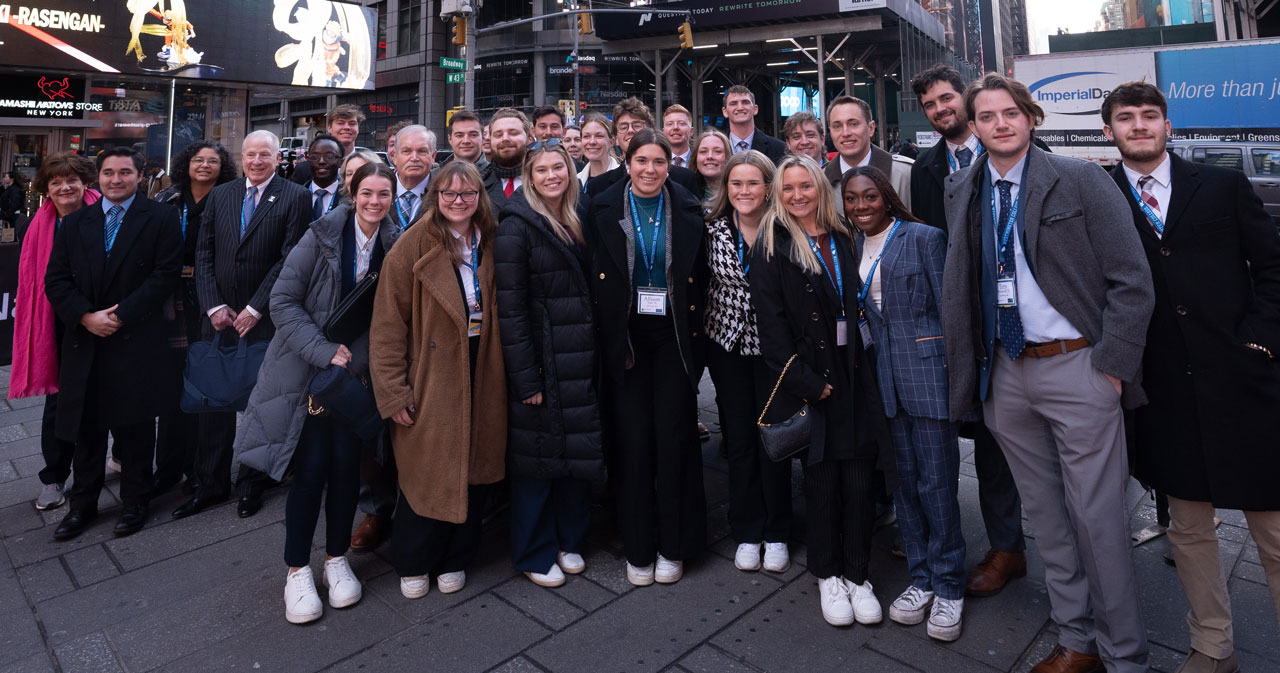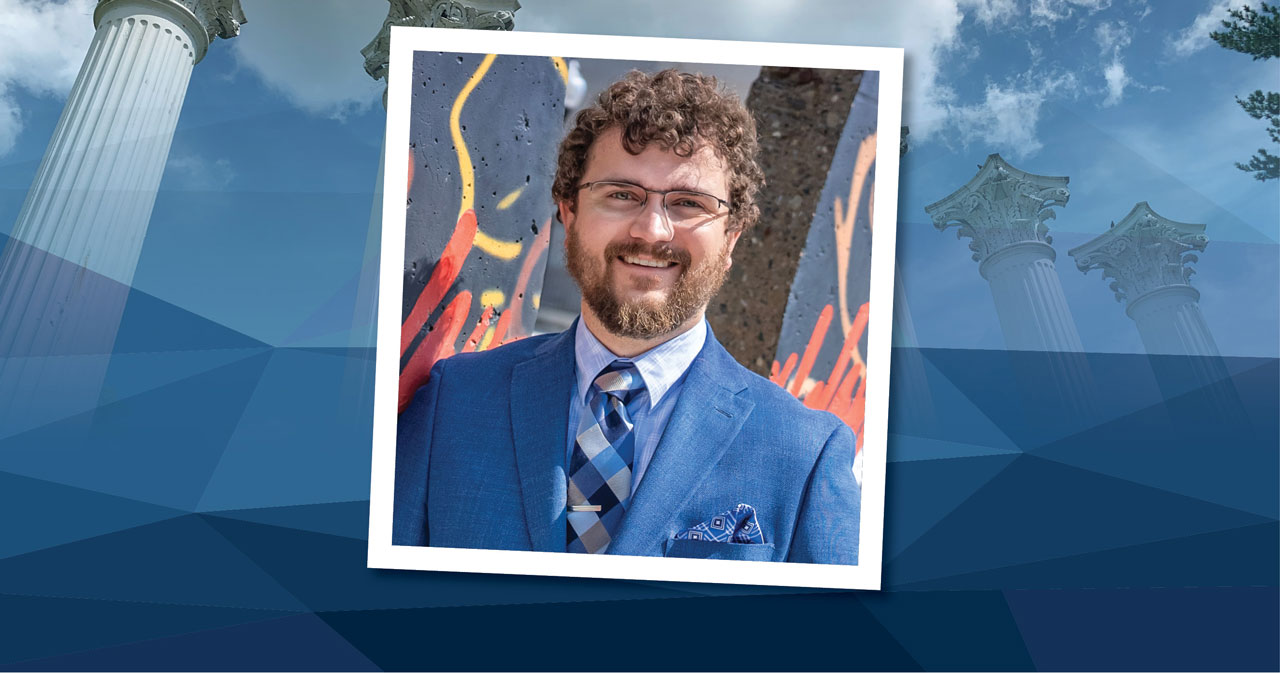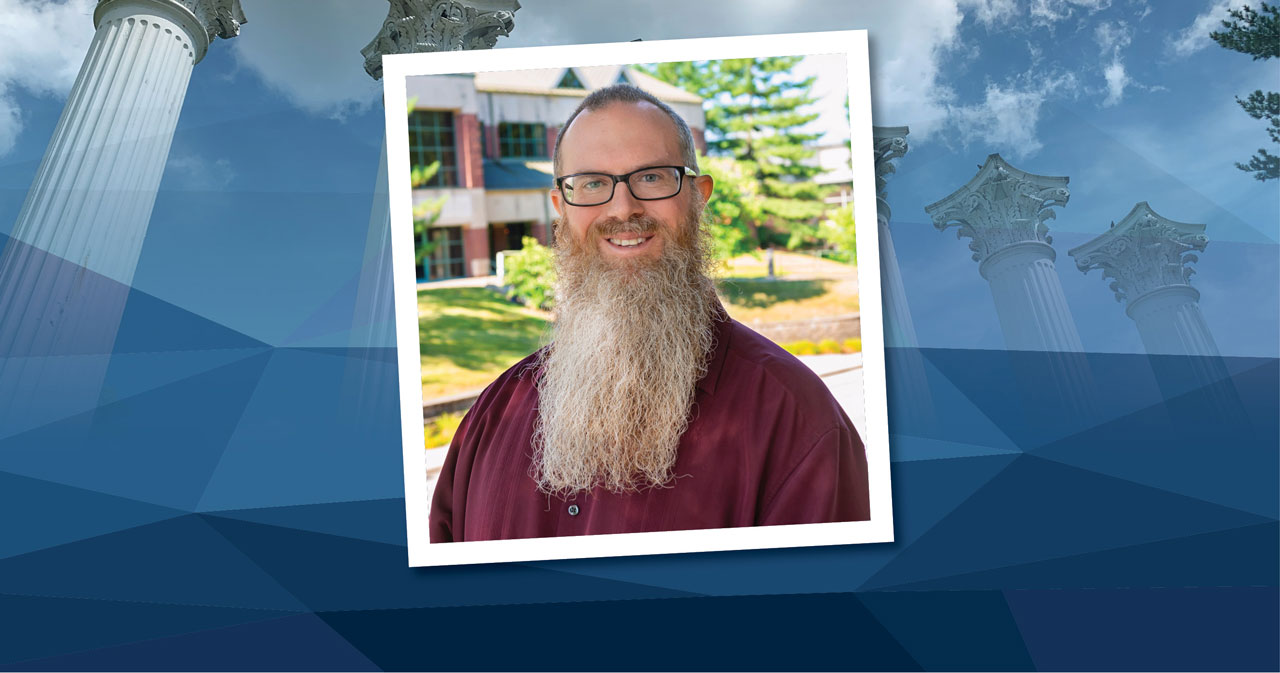By Student Storyteller Julie Rothermich, Class of 2021
A Special Assignment for SPE 220: Public Relations
Kandice Grossman, Visiting Professor of Sociology and Women and Gender Studies at Westminster College, is doing everything she can to help students be successful with virtual learning amidst the COVID-19 outbreak. This has included teaching her classes in an asynchronous format to allow high flexibility and altering assignments to fit what students are capable of in their new circumstances. More than anything, though, she is going above and beyond to work with students who are facing challenges during this time. In the end, their well-being is what matters the most to her: “I think it is important to understand that everyone is under a great deal of stress due to the pandemic, and to be guided by understanding, compassion and empathy first,” Grossman emphasized.
Westminster officially began employing the Digital Blue Distance Learning Plan on March 23. Grossman had to make several changes when this happened, but choosing to teach her classes asynchronously was a decision she made without hesitation. “It is very important to me that I provide an educational environment that is adaptable to everyone’s diverse needs,” she explained. She knows that with many students now working long hours at essential jobs and dealing with sick family members or a lack of resources, this type of format would give them the most flexibility to complete classwork.
Although the sociology professor has never had to transition to remote learning in the middle of an in-person semester, she has taught many online classes before. This meant that she was able to make resources and assignments virtual without much trouble. However, that’s not to say there haven’t been other challenges to overcome. It has been the obstacles faced by her students along the way that have commanded her attention the most.
Just a few of the problems they are dealing with include no internet access, loss of family members, changes in childcare arrangements, anxiety and depression, and having to find new living arrangements. Grossman has responded by allowing late work for those that need it and providing information about free internet services. Furthermore, she meets with students individually over Zoom to discuss material or answer specific questions. “When this is all over, I want students to remember what they learned in this class and the way they felt when they approached me with problems, which is ideally comforted, guided and supported,” Grossman reported. She may teach sociology, but social distancing is not stopping her from interacting with students and impacting their lives.
Reactions from students indicate that her actions have been both helpful and successful. “She understands the struggle of virtual classes for students,” Intro to Sociology student Sydney Hilkerbaumer explained, “she gives assignments at our pace and is very thorough when assigning them.” Another student feels that he is still learning a lot despite the switch to online classes. Tayveon Brown said that in Grossman’s class he is, “Engaging constantly, taking notes, and actually caring about the content,” and that the course is helping him with sociological terms.
College professors everywhere were forced to rework their course plans in a matter of days when schools began to close, but Grossman made sure to be intentional with the changes she made. In her sociology class, she replaced normal in-class conversations with two discussion assignments per week pertaining to the required readings. Additionally, she decided to have students analyze news media, social media and short films instead of everyday social activities. She felt that these types of assignments are central to the subject. Despite the conditions, she is doing her best to stay positive and make the most out of this style of teaching. While she prefers listening to students in person more, she noted that, “Reading about students’ ideas, conversations and observations is almost as fun.”
Throughout the process of remote learning, Professor Grossman has realized just how adaptable and dedicated to learning her students are. Offering helpful actions and a caring attitude are her ways of trying to make things easier for them. For those who struggle more, she just asks one thing: “My hope is that for students who do not do as well online that they communicate with me and we find ways to get them through this.” The new disease has created adversity for educators everywhere, and she is one of many who have excelled at overcoming it.
Sarah Rummel Backer is the Director of Media Relations and Senior Writer at Westminster College in Fulton, Missouri. A proud Westminster graduate, Sarah has more than 20 years of experience in marketing and strategic communications in the areas of higher education, medicine, agriculture, and the private business sector.

